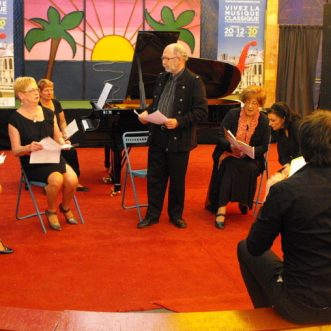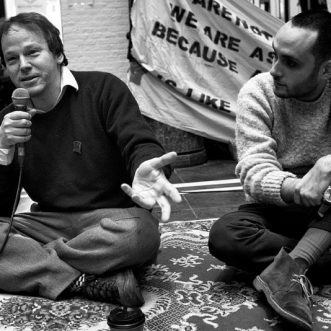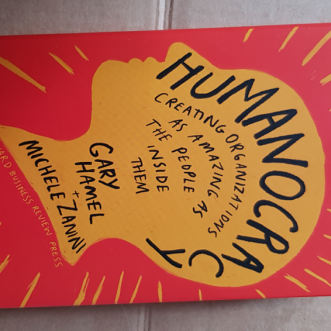
Rules, interpretation, performance.
Performing a piece of music isn’t simply a matter of reproducing a score (not even with a computer).
An orchestra rehearsing a piece will first read the score together; question it; interrogate what’s behind the notes to understand the composer’s intention and find better ways of expressing it. They’ll use their technical expertise to try different approaches – trying to bridge the gap between the person who wrote it and the people who will be hearing it. They’ll try out different interpretations, then agree on the interpretation to be performed.
Practising the chosen interpretation gets everyone in sync, but they will only really know if it worked through performance.
Performance is the source of useful feedback. Everything else is conjecture. The last night is unlikely to sound exactly like the first. The interpretation and it’s delivery will have been tweaked, to take account of the actual audience. The audience shows their appreciation in enthusiastic applause, repeat visits and recommendations to friends.
All creative endeavours – plays, films, dance, businesses – where people take a more or less abstract representation of proposed reality and make it real, go through a similar process.
It starts by learning the ‘rules’, proceeds through interrogation, questioning, trial and error into interpretation and performance. Every performance feeds back into future interpretations.
2 things to bear in mind if you’re looking to generate profitable, repeat performances through your business, that expand your audience:
- The ‘rules’ can be sketchy, but it’s almost impossible to create outstanding performances intentionally, repeatedly and consistently without any.
- Documenting the ‘rules’ is the beginning of the process, not the end.








